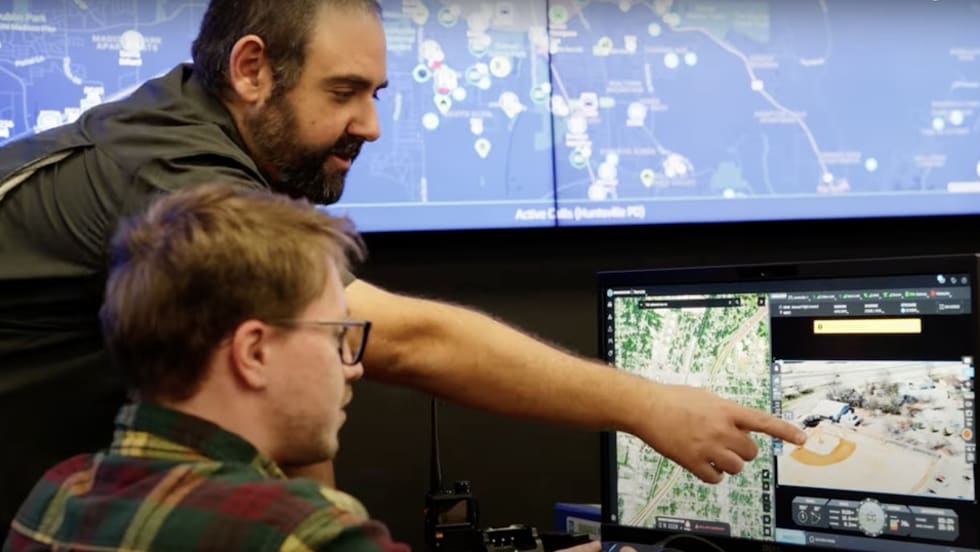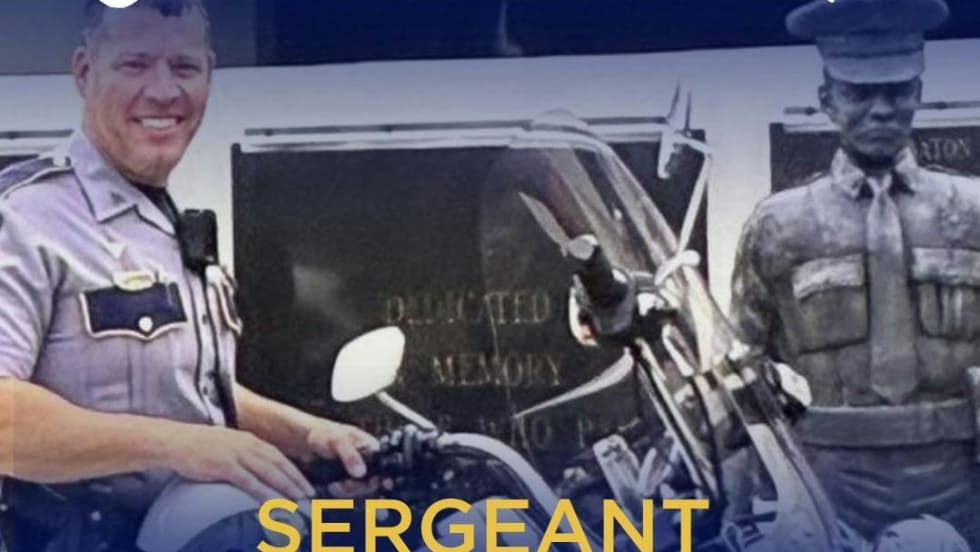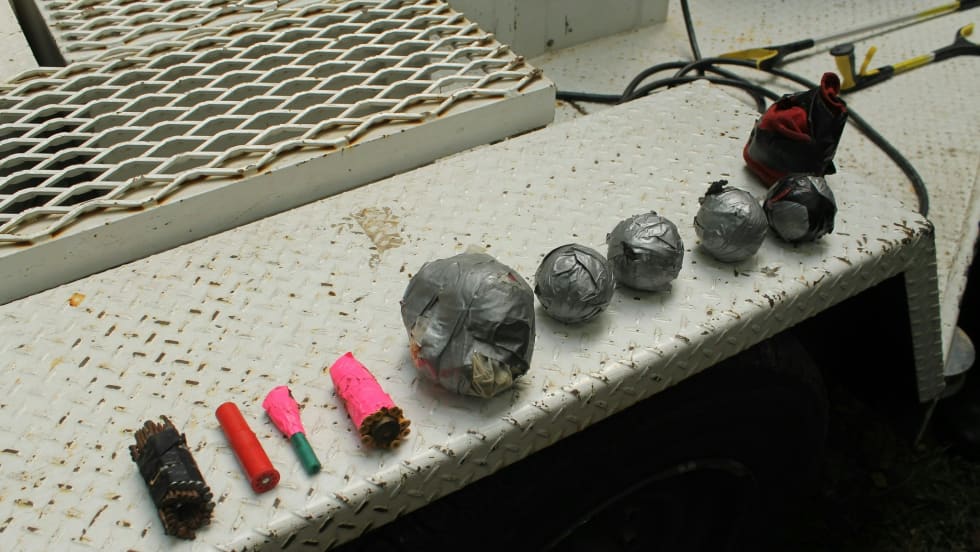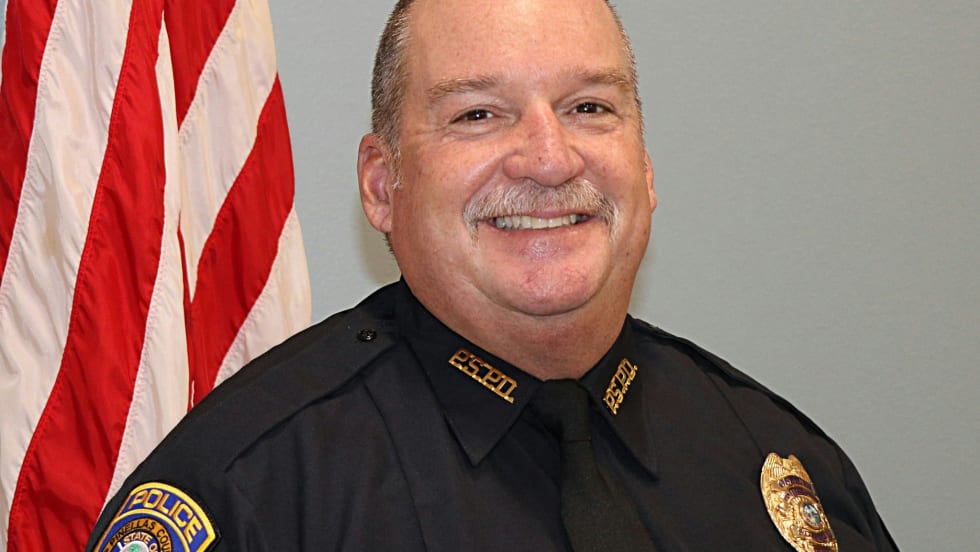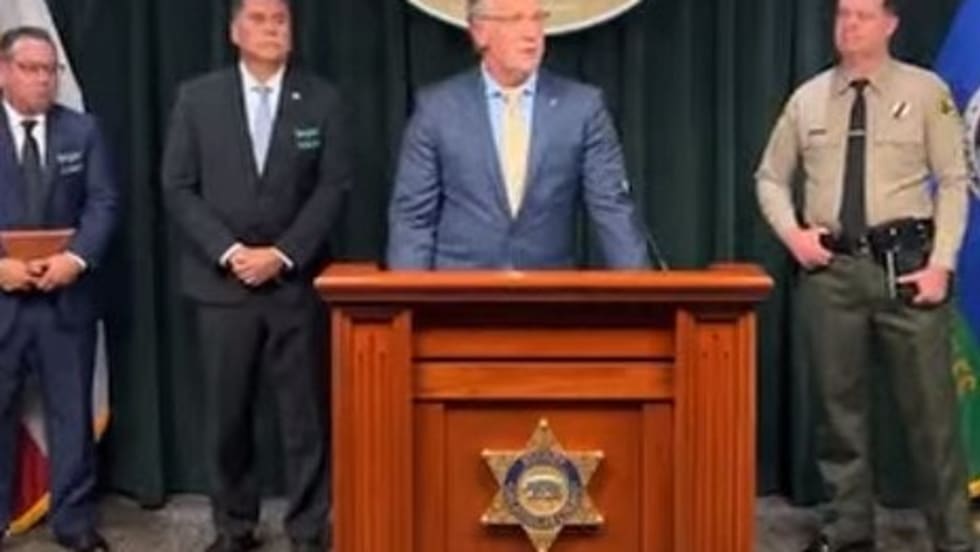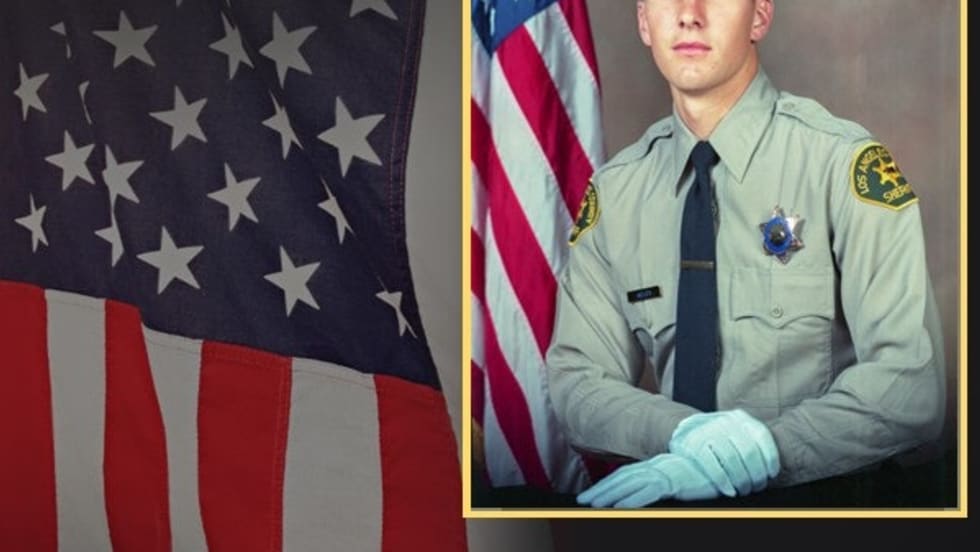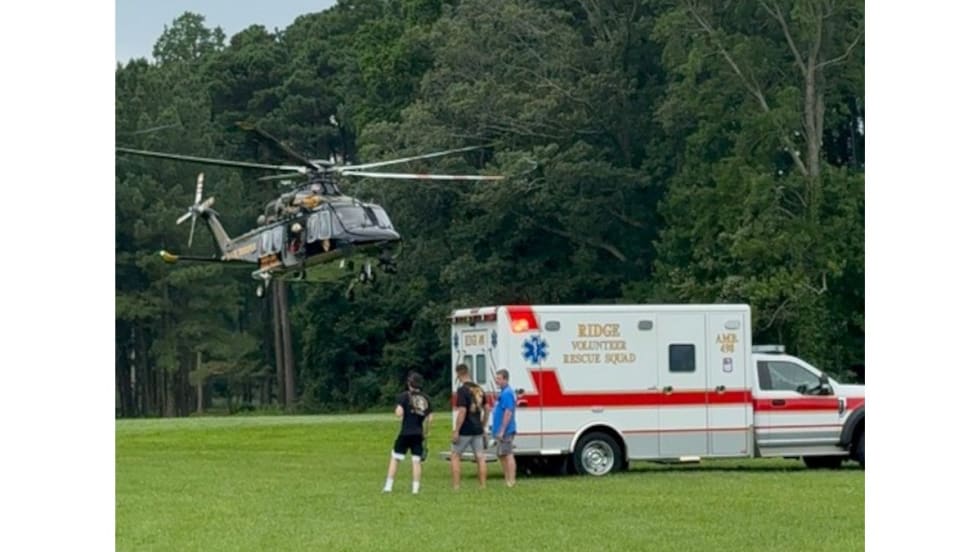The heavy pendulum of American jurisprudence is poised to swing right, yet again.
About the time you finish perusing this issue of POLICE, the U.S. Supreme Court will be hearing arguments in a gang-related case that - regardless of how it is decided - will have far-reaching effects for law officers, undoubtedly for years to come.
One of several important cases before the high court during its fall calendar which opened in October, Chicago vs. Morales (97 -1121) will test the mettle of how serious this country is about gang violence. Essentially at issue is this: In the interest of curbing potential criminal activity, can police officers arrest suspected gang members who are not committing crimes but merely gathering or loitering on street corners or in public places? The Windy City enacted a law in 1992, giving its officers broad authority to do just that, but state courts in Illinois struck it down, citing a 1965 case as precedent. That case involved a black man, picketing outside a "whites-only" department store in Alabama, who was jailed and sentenced to nearly a year of hard labor because he "failed to move on."
If today's conservative-leaning Supreme Court overrules Illinois, many major cities are expected to enact ordinances similar to Chicago's, which in our view, would be not only appropriate but long overdue.
The broad sweep of too many liberal high court rulings hampering police efforts could be under attack in this instance and we hope that it is. In the late 1960s and early '70s, a very left-tilting court brought down numerous local ordinances across the land that, for years, had allowed police wide powers to clear city streets of people considered undesirable. Those laws authorized arrests of loiterers and vagrants and were some of the more popular tools in every officer's shop bag, and for good reason.
In these troubled times of gang and youth violence that reaches every corner of this country, the import of a Supreme Court decision in favor of police authority, would be significant and we1comed.
Two other fall cases before the court of interest to law officers that may be resolved by the time you read this are:
- Can police routinely search an auto after stopping the driver for a traffic violation? (Knowles vs. Iowa, 97-7597)
- Must police who raid a house with a search warrant later help an innocent citizen homeowner get back cash or other property that was seized and removed? (City of West Covina vs. Perkins, 77-1230)
With this issue, POLICE magazine is wrapping up its second year with Bobit Publishing and its 21st year as a monthly publication serving professional law officers and the police industry.
There have been a lot of changes these past several years since I've been at the helm and I have to tell you, we have some exciting things planned for 1999 and beyond. The magazine is doing well on all counts - thanks in large part to you, our valued readers. And for that reason, we remain law enforcement's leading and largest paid circulation publication.
On behalf of the entire POLICE staff and Bobit Publishing, I thank you for your support and wish you a safe and merry holiday season .
Dennis Hall is the executive editor of POLICE and a former police officer.


